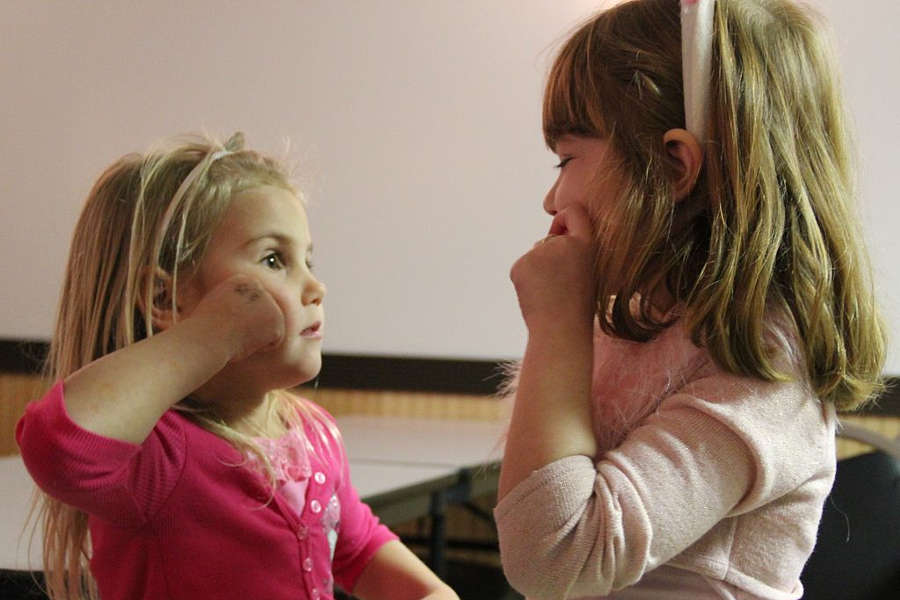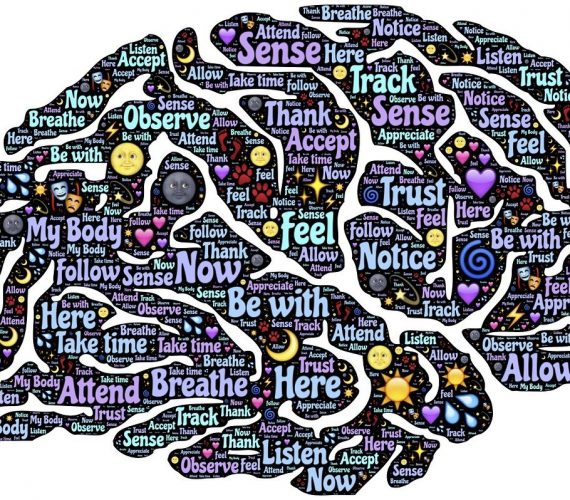
What is a critical period?
A critical period (CP) is a maturational stage where the nervous system is especially sensitive to certain stimuli. If during this period the organism does not receive the appropriate stimulus to develop a certain skill, it becomes more difficult (or impossible) to attain it later on in life.
How is it related to language learning?
The critical period (CP) for language acquisition is a transitional process where the organic ability to acquire a first language/s (L1) gradually ceases and is replaced by a systematic way which draws on conscious problem-solving capacities to accomplish the same task (DeKeyser, 2000). The mind distributes the second language (L2) across different neural tissue and calls in for help to other parts of the brain (Petitto, 2009). In other words, whereas children learn the language as they develop emotionally with the implication of the limbic system (Lieberman, 2000), adults turn to their intelligence to accomplish the same task, hence the individual differences.
Does it mean that adults cannot learn a language?
The CP does not mean that adults cannot learn a L2, it just points out the difference between children’s organic vs adults’ systematic way of learning a language. In fact, Lamendella (1977) coined the term “sensitive period” to lay the focus more on a gradual shift and avoid seeing this period as a sharply defined window-of-opportunity (either you learn a language as a child or you can’t learn languages as an adult).
Adults achieve different levels of fluency in a L2 thanks to a combination of motivation, hard conscious work, the L1-L2 distance, the method they choose and a certain aptitude for language. Children, on the contrary, will all acquire their L1 to fluency regardless of those factors.
If adults could learn a L2 “like children” why would they find some languages harder to learn than others?
But adults already have a language. Shouldn’t this make it easier to learn another one?
Having acquired a L1 is good in itself, but is not an advantage in relation to children, who will all reach fluency in whatever language they’re exposed to regardless of their motivation, the method they choose, or how “smart” they are. Having already acquired a L1 is the greatest disadvantage adults have in relation to children.
In fact, having no grammar is an advantage for children, who build their grammar and vocabulary at the same time as they acquire the language. As an adult words are not related to their object immediately, but through the meanings already established in the L1 (Vygotsky, 1986).
But it takes children years to speak a language.
Yes, but they don’t have the struggling sensation that adults experience when learning a L2 (especially if it’s much different from your L1).
Another difference is that by the end of the CP, all children will be able to speak the language as a native speaker (which is what most adults aim at). Adults, on the other hand, will attain different levels of fluency as a result of the factors mentioned in #3.
But some people go to the target country and learn the language.
Of course. And they attain different results.
So what’s the conclusion?
Adults can be great language learners, as long as they are realistic about the language learning process and start focusing on methods of progressive learning to help break the L1-L2 barrier. Once you understand this concept, you will be able to find good methods to learn in productive ways.
Questions around language learning end up in a series of I-can-do-it-and-so-can-you association fallacies that language learners should beware of.
Follow me on this journey as I bust some language learning myths and give you a realistic view of what language learning is actually about.
Related answers:
Photo Credit: Sign Language
Sources
DeKeyser, R. (2000). The Robustness of Critical Period Effects in Second Language Acquisition. Studies in Second Language Acquisition, 22, 499–533.
Lieberman, P. (2000). Human language and our reptilian brain. Cambridge: Harvard University Press.
Petitto, L. A. (2009). New discoveries from the bilingual brain and mind across the life span: Implications for education. Mind, Brain, and Education, 3(4), 185–197.
Vygotsky, L. (1934/1986). Thought and Language. Cambridge, MA: MIT Press.


